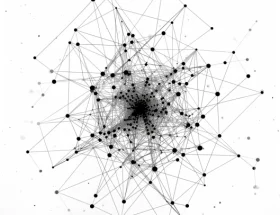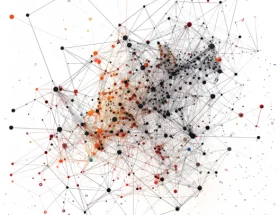Overclaiming, where individuals assert knowledge of concepts they do not actually understand, offers a fascinating glimpse into confidence and self-perception. In their 2023 study, Jerrim, Parker, and Shure examine this phenomenon through an analysis of PISA data from over 40,000 teenagers across nine Anglophone countries. This investigation reveals significant patterns in overclaiming behavior, linked to cultural, gender, and socio-economic factors.
Background
Overclaiming has long been of interest in psychology and education, particularly regarding its relationship with self-confidence and social dynamics. By using PISA data, the authors were able to explore this behavior on an international scale, focusing on teenagers’ responses to fictitious mathematical constructs. The study’s design allows for a unique exploration of how overclaiming correlates with broader personality traits and societal contexts.
Key Insights
- Cultural and Demographic Differences: Overclaiming tendencies vary significantly across countries, with notable distinctions based on gender and socio-economic status. These variations highlight the influence of cultural norms and social contexts on self-perception.
- Connections to Overconfidence: Students who exhibited higher levels of overclaiming often displayed heightened self-confidence, perceiving themselves as hard-working, persistent, and socially popular.
- Implications for Education and Assessment: These findings suggest that overclaiming may reflect deeper issues related to educational expectations, cultural pressures, and individual differences in self-evaluation.
Significance
This study provides valuable insights into the psychological and social dimensions of overclaiming. By connecting it with traits such as overconfidence and persistence, the research broadens our understanding of how teenagers view their own abilities. However, the study also raises questions about the universality of these patterns, given the focus on Anglophone countries. Further exploration in diverse cultural contexts is needed to fully understand the phenomenon.
Future Directions
While this study establishes important connections between overclaiming, confidence, and socio-cultural factors, it leaves room for future research. Investigating the underlying causes of overclaiming and extending the analysis to non-Anglophone countries would provide a more comprehensive view. Additionally, exploring how these behaviors develop over time could shed light on their long-term implications for education and personal development.
Conclusion
Jerrim, Parker, and Shure’s research offers a compelling examination of overclaiming among teenagers. By linking this behavior to broader psychological and social traits, the study highlights the importance of understanding confidence and self-perception within educational contexts. Future research can build on these findings to develop strategies that support balanced self-assessment and equitable educational practices.
Reference
Jerrim, J., Parker, P. D., & Shure, N. (2023). Overclaiming: An international investigation using PISA data. Assessment in Education: Principles, Policy & Practice, 1-21. https://doi.org/10.1080/0969594X.2023.2238248









